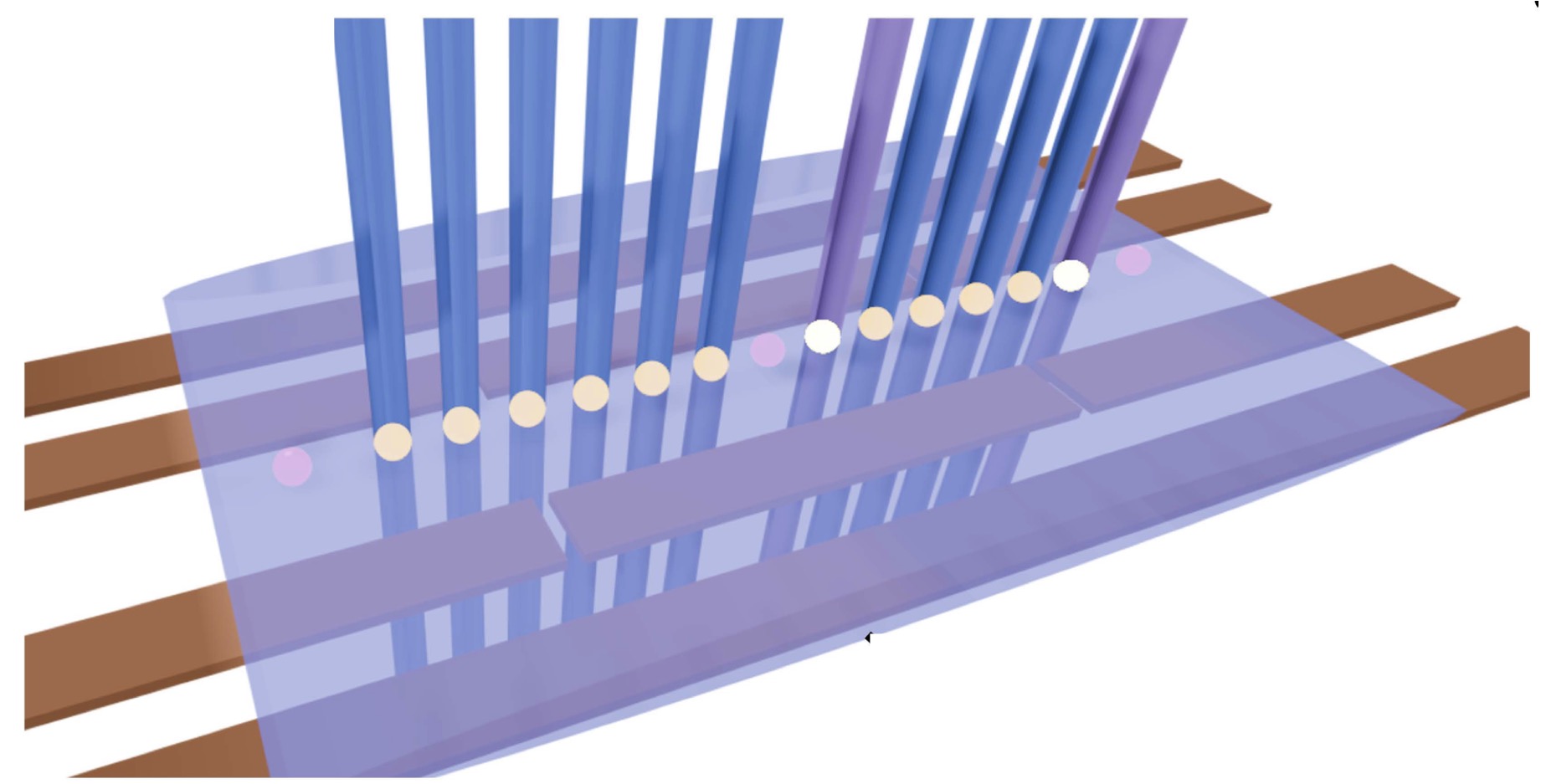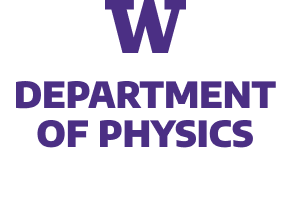Simulating nonequilibrium phenomena in strongly-interacting quantum many-body systems, including thermalization, is a promising application of near-term and future quantum computation. By performing experiments on a digital quantum computer consisting of fully-connected optically-controlled trapped ions, we study the role of entanglement in the thermalization dynamics of a Z2 lattice gauge theory in 2+1 spacetime dimensions. Using randomized-measurement protocols, we efficiently learn a classical approximation of nonequilibrium states that yields the gap-ratio distribution and the spectral form factor of the entanglement Hamiltonian. These observables exhibit universal early-time signals for quantum chaos, a prerequisite for thermalization. Our work, therefore, establishes quantum computers as robust tools for studying universal features of thermalization in complex many-body systems, including in gauge theories.
This work is supported by the DOE, Office of Science, Office of Nuclear Physics, IQuS (\url{https://iqus.uw.edu}), via the program on Quantum Horizons: QIS Research and Innovation for Nuclear Science under Award DE-SC0020970 and by the National Science Foundation’s Quantum Leap Challenge Institute for Robust Quantum Simulation under Award OMA-2120757 and by the Department of Energy’s (DOE’s) QDOE Office of Science Early Career Award DE-SC0020271



